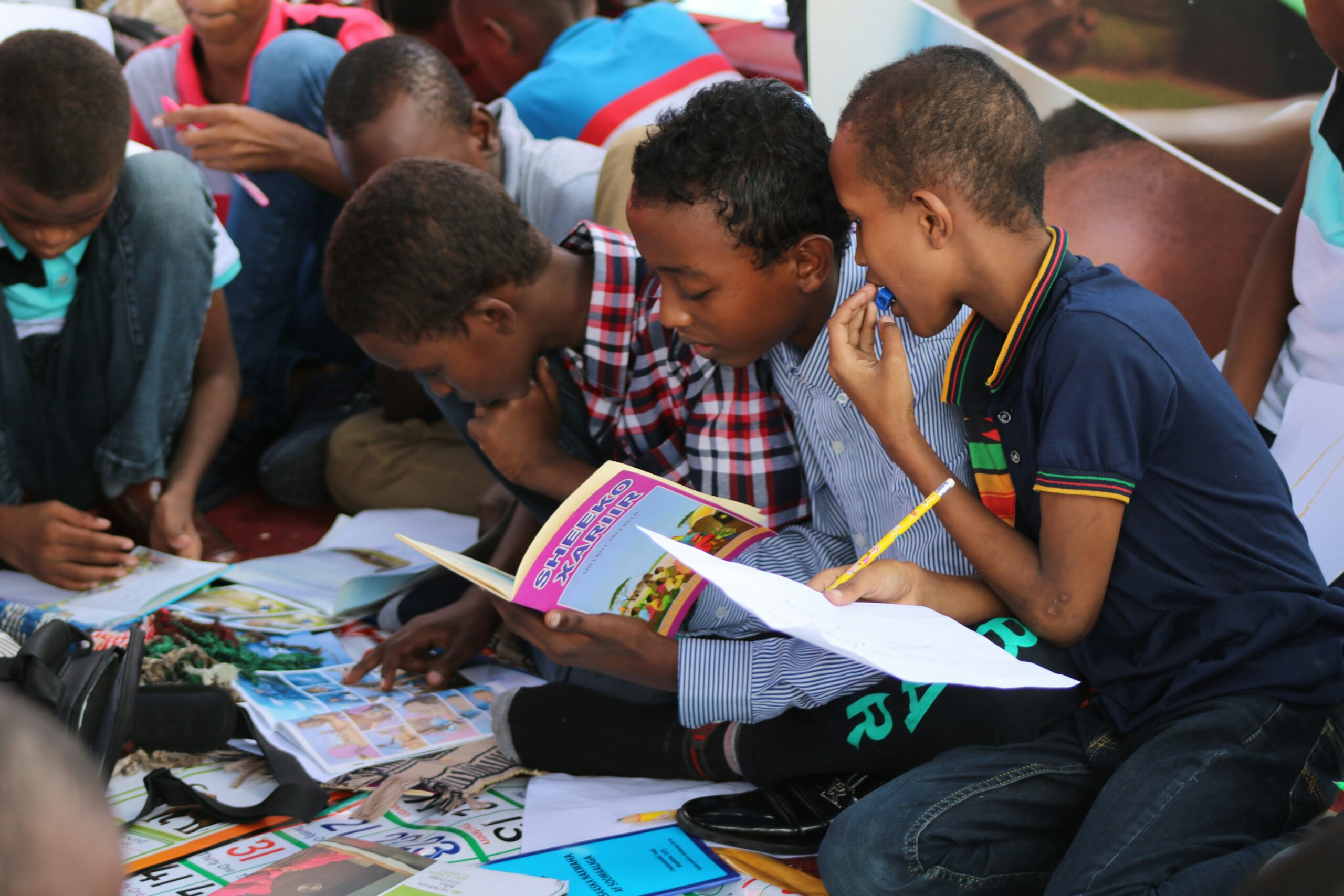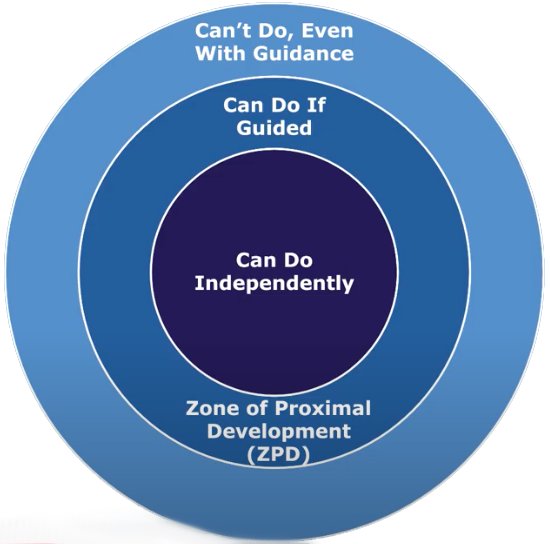I am drawn towards a particular pedagogical approach within the Humanities domain, encompassing subjects such as Social Studies and English Language Arts. This approach is founded upon a synthesis of influential learning theories, including social constructivism and Lev Vygotsky’s Zone of Proximal Development, cognitivism, and experiential learning methodologies examined through simulations, role-playing, and gamification techniques.

A significant component of my instructional approach revolves around the principles of social constructivism. I firmly believe that fostering dialogue and collaborative learning experiences enhances students’ comprehension and retention of subject matter. By encouraging students to actively engage in teaching and demonstrating their understandings to their peers, they forge deeper connections with the material on a personal level.
Central to the success of this approach is the establishment of a nurturing and inclusive classroom environment where students feel safe to express themselves. I consistently emphasize to my students the importance of maintaining discussions connected to our learning objectives, while also reassuring them that constructive dialogue is welcomed and encouraged. Across various classroom dynamics, be it reserved or social, I’ve noticed that students naturally gravitate towards forming connections with their peers, fostering an atmosphere of mutual support and respect.
To cultivate this environment of trust and collaboration, I involve students in co-creating classroom expectations, no matter their grade level. Through this approach, I’ve noticed a heightened sense of ownership among students towards upholding these standards. Additionally, I lead by example, demonstrating the behaviours and attitudes expected in our learning community. When deviations from our established norms occur, I have open discussions with students and ensure consistent follow-through on consequences, which serves to reinforce accountability and maintain a positive learning environment conducive to student success.
In alignment with Vygotsky’s Zone of Proximal Development (ZPD), I strategically employ collaborative techniques to cultivate an environment conducive to both collaboration and individual expression within my classroom. Emphasizing the importance of cooperative learning, I actively promote and employ student collaboration in honing and expanding their skills across various academic endeavours, whether it involves annotating poetry, analyzing current events, dissecting short stories, or delving into topics like nationalism.
I firmly believe that the most enriching learning experiences occur when students are actively engaged in dialogue and discourse. Particularly when faced with content or material that may initially seem unfamiliar or challenging, I encourage students to utilize their collective knowledge and skills to navigate through complexities and deepen their understanding collaboratively. This not only fosters a sense of ownership over their learning but also empowers them to construct meaning collectively, thereby exploiting the ZPD to scaffold their cognitive growth and development.

Williams, J. (2020, August 25). [Untitled diagram of ZPD]. Let’s Go Learn.
In some instances within the Zone of Proximal Development (ZPD) framework, instructional guidance may be necessary for a teacher-led approach rather than being solely student-centered. Particularly when introducing new materials or concepts such as rhetorical appeals or Shakespearean plays, direct instruction becomes essential. This initial exposure aligns with cognitivism learning theories, wherein the teacher assumes control over the content, offering limited choices to students. Nonetheless, by integrating aspects of both cognitivism and social constructivism, students are empowered to make personal connections with the new material.
I frequently prioritize nurturing student confidence in grappling with novel concepts, thereby equipping them with the necessary skills to independently demonstrate their understanding. This blend of instructional approaches ensures that students not only acquire the required knowledge but also develop the self-assurance to apply and articulate their learning indepentantly.

One approach I employ to facilitate students’ acquisition of new information and encourage personal connections is through hands-on learning activities, also referred to as experiential learning. I firmly believe that the more engaged and active students are in their learning process, the more impactful and easier it becomes for them to retain the material. In my Humanities classes, I often integrate elements of gamification and simulations to make learning more interactive and immersive. For instance, when introducing students to Shakespeare, we engage in language exploration through activities such as contests to create the best Shakespearean insult and compliment. These activities foster a sense of enjoyment and camaraderie among students within a safe environment, while simultaneously deepening their understanding of the language.
My instructional approach is informed by various learning theories. As I continue to evolve as an educator, I anticipate that the integration of simulation-based experiential learning and cognitive learning will be further enhanced by artificial intelligence (AI). While the exact implications of AI in education are yet to be fully realized, I am genuinely excited about its potential to revolutionize the education system and am eager to witness its impact firsthand.
Leave a Reply